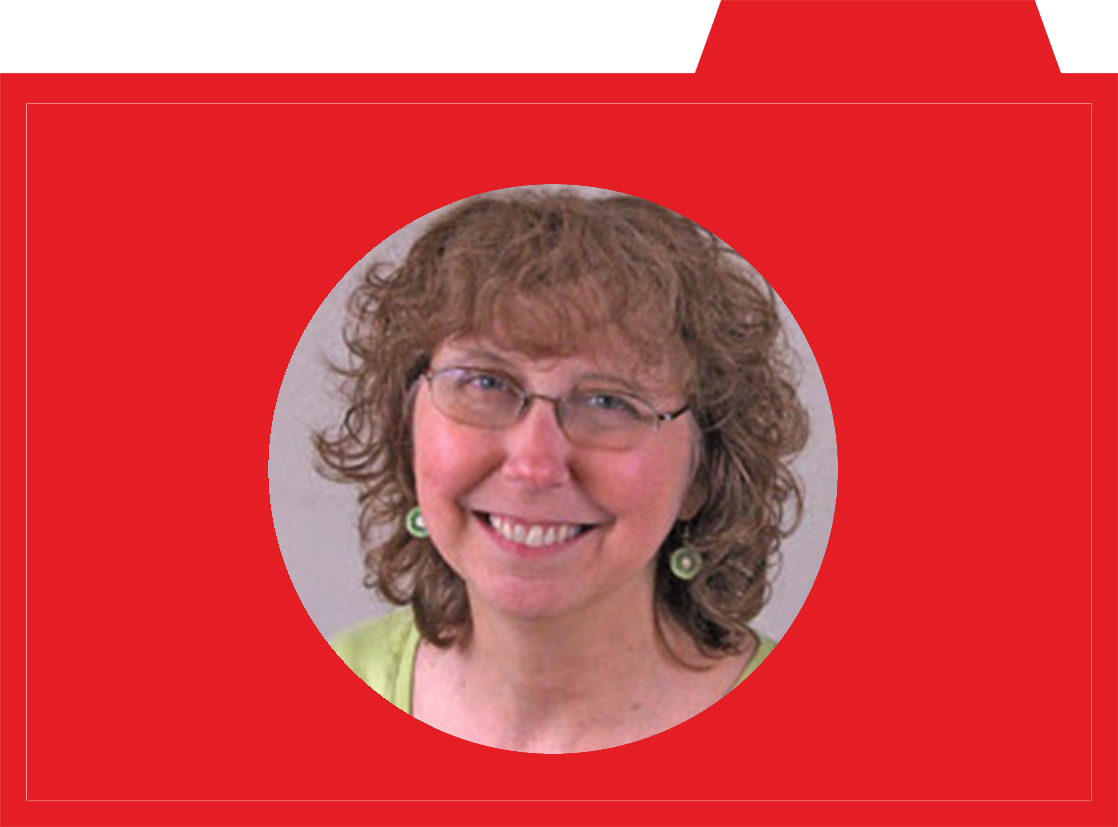Behcet’s disease patient, writer, and advocate

Joanne Zeis suspected she had Behcet’s disease long before she was officially diagnosed. She had researched the autoinflammatory disorder and her symptoms, and began visiting doctors, shuttling from one to the other as her health insurance changed and she was forced to see new doctors. She was trying to discover the reason for symptoms ranging from eye inflammation to rashes and canker sores. Yet when she mentioned Behcet’s, many doctors were dismissive.
Zeis remembers one doctor telling her that she didn’t have it because she wasn’t from the Middle East, where people are more commonly affected by Behcet’s disease. Other doctors told her that she was too fixated on her health: if she got out more, then she’d be fine.
Finally, after nearly two decades in her quest to figure out the source of her medical issues, Zeis returned to an ophthalmologist she had seen years before for eye inflammation. With additional symptoms now present, he diagnosed her with Behcet’s disease.
Behcet’s disease is a rare autoinflammatory disorder which affects an estimated 16,000 to 20,000 people in the U.S. There is no specific test to indicate that someone has Behcet’s disease. Instead, it is diagnosed through clinical symptoms, such as oral ulcers, skin lesions, ocular inflammation, and arthritis. Since symptoms often appear and disappear, diagnosis can be difficult. There is no cure for Behcet’s, so the goal of treatment is to ease symptoms.
“I think transparency in clinical trial reporting is absolutely necessary. It doesn’t help anybody if the bulk of trials that are published are the positive results. You have to have everything out there to have a balanced report.”
Zeis’ long journey drove her to help others with the disease better navigate the tricky terrain. She now serves as a patient advocate, and as such assists Behcet’s patients in interpreting clinical trial results. In order to find information on medical research to share with Behcet’s sufferers, Zeis turns to online publication databases, as well as clinicaltrials.gov, a website where ongoing trials are registered before they begin, and where results are sometimes reported as well. This allows her to see which trials are in progress, as well as to search for complete but unpublished trials. “I think transparency [in clinical trial reporting] is absolutely necessary,” Zeis says, “It doesn’t help anybody if the bulk of trials that are published are the positive findings. You have to have everything out there to have a balanced report.”
She also writes about the disorder. “I really like writing at a patient level and explaining things so that a patient can understand,” Zeis says, and notes an absence of plain language in medical literature today. Her book, “You Are Not Alone: 15 People with Behcet’s,” tells the personal stories of patients Zeis has interviewed over the years. Fortunately, today Zeis’ symptoms have become milder. She is able to work full-time as a case manager at a pharmaceutical company, in addition to writing and pursuing patient advocacy work.
Joanne Zeis is an independent Behcet’s disease patient advocate, who has written extensively about the disorder. Her book, “Behcet’s Disease: MyModernHealth FAQs,” won a National Health Information Merit Award for Patient Education in 2015.

Recent Comments